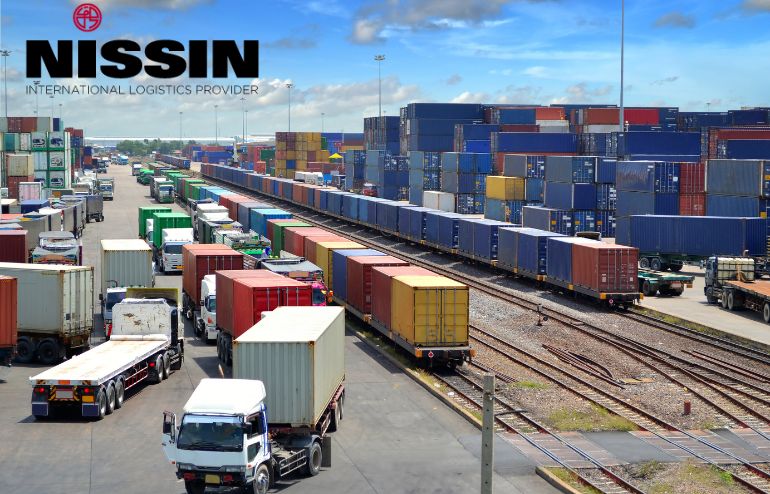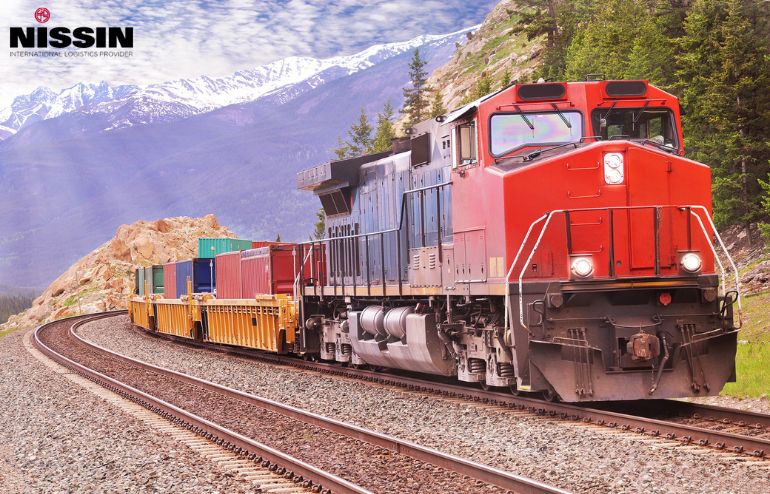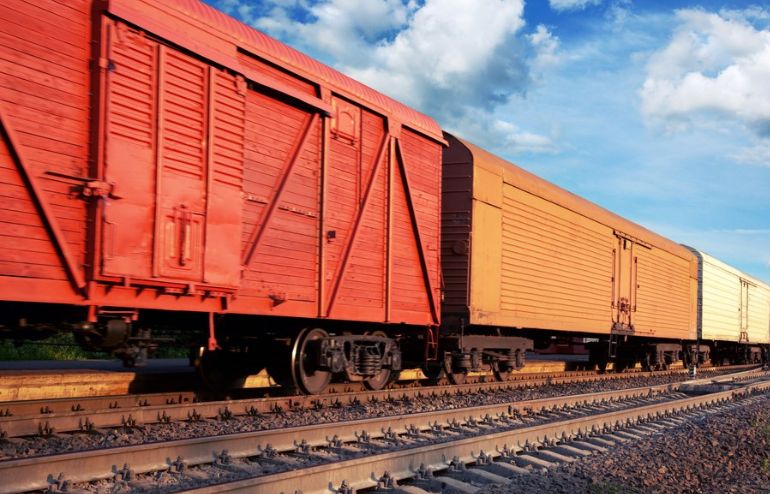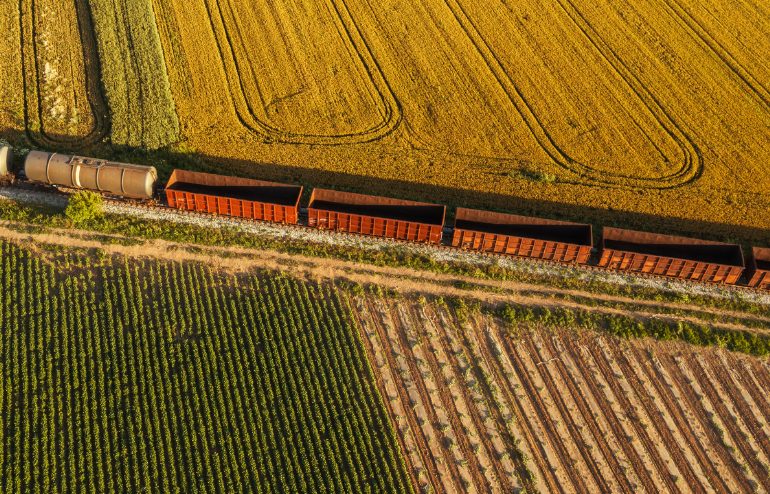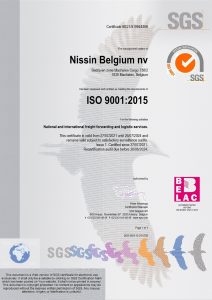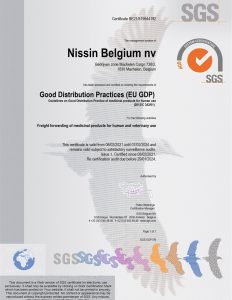Transporting goods across long distances necessitates choosing between rail shipping and trucking. Both modes of transportation have distinct cost structures that businesses must consider when determining the most efficient and economical method for their logistics needs.
What is the Biggest Advantage of Rail Over Trucking?
Rail freight transport stands out for its unmatched efficiency in handling large cargo volumes. It can carry a significantly greater load than trucks, making it an ideal option for transporting heavy and bulky items over long distances. This ability to move vast quantities in a single trip results in lower costs per ton-mile compared to trucking, which often requires multiple trips and additional fuel. Furthermore, it is less affected by weather conditions and traffic delays, offering a more reliable schedule.
How Much Does Railroad Freight Cost?
Rail freight pricing is influenced by various factors, making it challenging to provide a one-size-fits-all answer. Generally, costs are calculated based on:
Distance traveled
Weight and volume of cargo
Type of goods (e.g., hazardous materials may incur surcharges)
Equipment requirements (such as refrigerated rail freight for perishables)
Fuel surcharges
Handling fees at terminals
While slightly more expensive due to the specialized equipment needed, refrigerator rail freight is still often more economical than refrigerated trucking for long distances.
How To Track Train Freight?
Modern technology has revolutionized freight tracking, offering shippers unprecedented visibility into their cargo’s location and status. To track train freights:
Utilize the rail carrier’s online tracking system
Enter the container or railcar number
Access real-time updates on location, estimated arrival times, and any delays
Many rail transportation services also offer integrated tracking solutions that provide alerts and notifications, enabling businesses to better manage their supply chains and inventory levels.
Other Key Cost Differences
Cost Efficiency and Environmental Impact
Another vital consideration when comparing rail shipping vs truck is the environmental impact. Rail container logistics has a lower carbon footprint, producing fewer emissions per ton-mile than trucking. This environmental benefit translates into potential cost savings for companies aiming to reduce their carbon footprint and adhere to environmental regulations. Investing in rail transportation services helps cut costs and supports corporate sustainability goals.
Flexibility and Infrastructure
While trucking offers greater flexibility, especially for short hauls and last-mile deliveries, rail freight is constrained by the existing rail network. However, the development of intermodal transport, which combines rail and truck services, mitigates this limitation. Rail container logistics facilities enable the seamless transfer of goods between rail and truck, optimizing cost and delivery time.
Industry-Specific Benefits
Certain industries benefit uniquely from rail freight. For instance, heavy industries and agricultural sectors often find rail freight transport indispensable due to its ability to handle large volumes at lower costs. Similarly, it is particularly advantageous for companies requiring refrigerated rail freight solutions, ensuring temperature-sensitive goods remain intact over long distances.
Choosing the Right Option for Your Business
When deciding between rail and trucking logistics, consider the following:
Volume and frequency of shipments
Distance to be covered
Time sensitivity of deliveries
Types of goods being transported
Origin and destination accessibility
Environmental impact considerations
For high-volume, long-distance shipments of non-time-sensitive goods, rail transportation services often prove more economical. Conversely, trucking may be the preferred choice for smaller loads or time-critical deliveries despite higher per-unit costs.
Optimizing Your Logistics with Nissin Belgium
Choosing between rail shipping and trucking requires carefully evaluating your specific needs and the unique advantages of each mode. By understanding the significant cost savings rail freight offers, shippers can unlock new opportunities to streamline their operations, improve their bottom line, and maintain a competitive edge in the market.
Partnering with an experienced provider like Nissin Belgium can make a substantial difference for businesses seeking cost-effective and reliable logistics solutions. Our expertise in rail and truck transportation ensures that your cargo services are handled with precision, efficiency, and care.
Contact us at + 32 2 751 44 99 or write an email to HowCanIHelpYou@be.nissin-eu.com with your requirements and explore our rail and truck logistics services.


